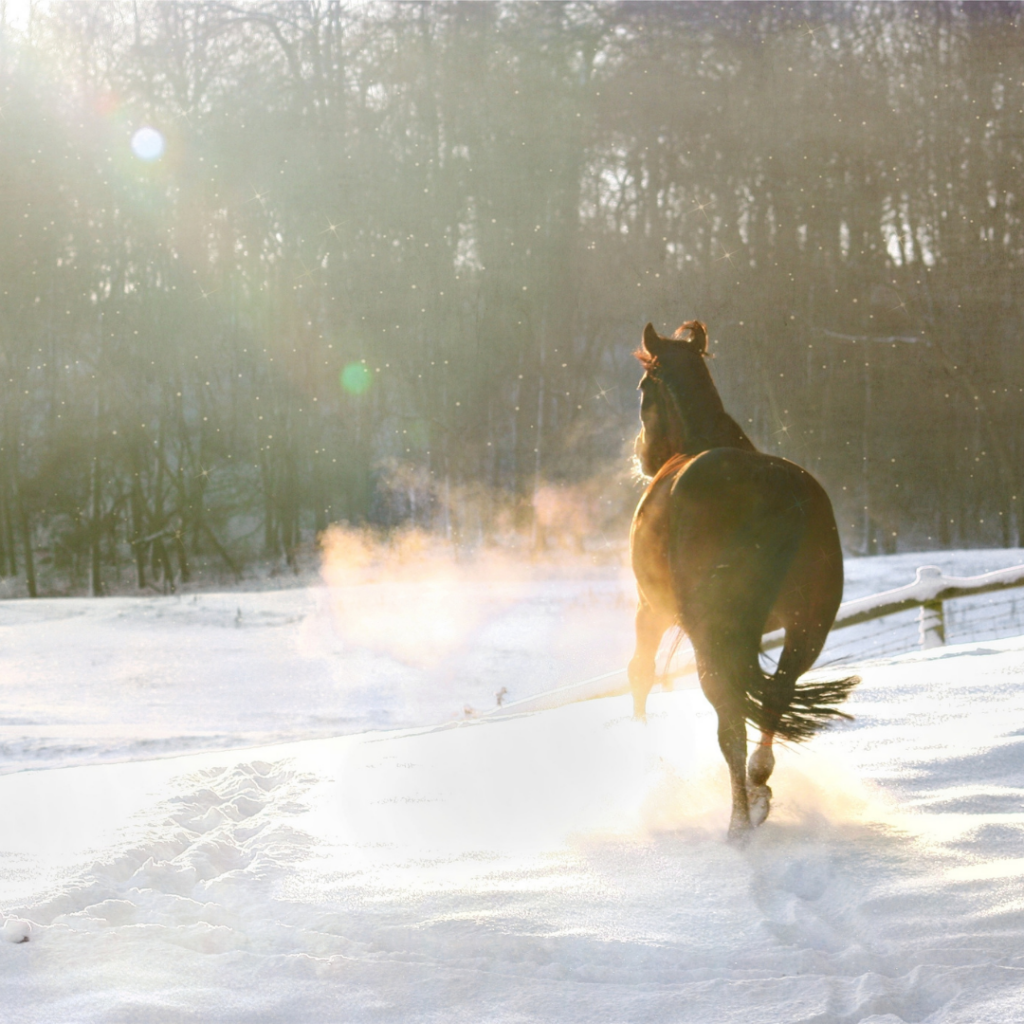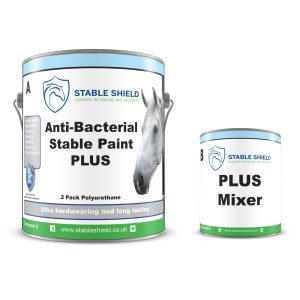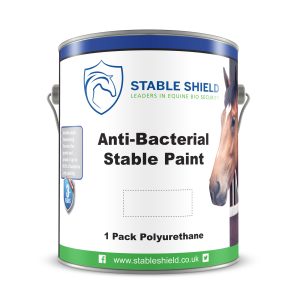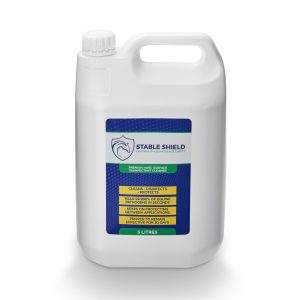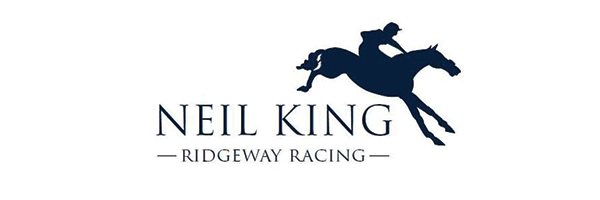The winter months often results in a change in routine for horses and their stabling requirements. As we have fewer daylight hours and adverse weather it can seem like a challenging time of year. Below are a few of our top tips to assist over the next few months.
Hydration- Horses still require a similar amount of water in winter and typically will drink 3-4 buckets a day. During the winter months there is an increased risk of the water bucket/troughs freezing. Ensuring you have spare water containers filled as an emergency when taps freeze is a good idea. If you have automatic drinkers it is important to keep the pipes covered to reduce the risk of them freezing. Alternatively, you can provide an additional bucket of water for your horse overnight.
Shelter- Ensuring horses have access to a shelter either manmade or natural. Hedge lines and trees can act as a natural shelter. If you have shared outdoor shelters these can also be disinfected to minimise the spread of infection.
Ventilation- In winter it is important that stables and barns have a good ventilation system in place to allow for stale air to be removed. As horses are spending more time indoors it is important there is adequate air flow. Ensure you consider the level of moisture in the stable as high moisture can lead to damp and mold in the stable.
Forage- If your horse is living out in a field you may need to provide additional forage especially if grass is not as easily accessible. It is advisable to place forage away from troughs and gateways to ensure the ground doesn’t get disturbed. Forage can also help keep horses warm as acts as an in-built heating system. It is important to be aware the level of feeding in the winter months. Many horses are exercising less and spending more time in the stables due to the weather and therefore do not require the same amount of food each day. Feeding too many rich feeds can increase the risk of colic and other health issues.
Food storage- These areas should be kept dry and clean which minimising the effect of contamination and the risk of rodents and mold. Food contamination can cause many health issues.
